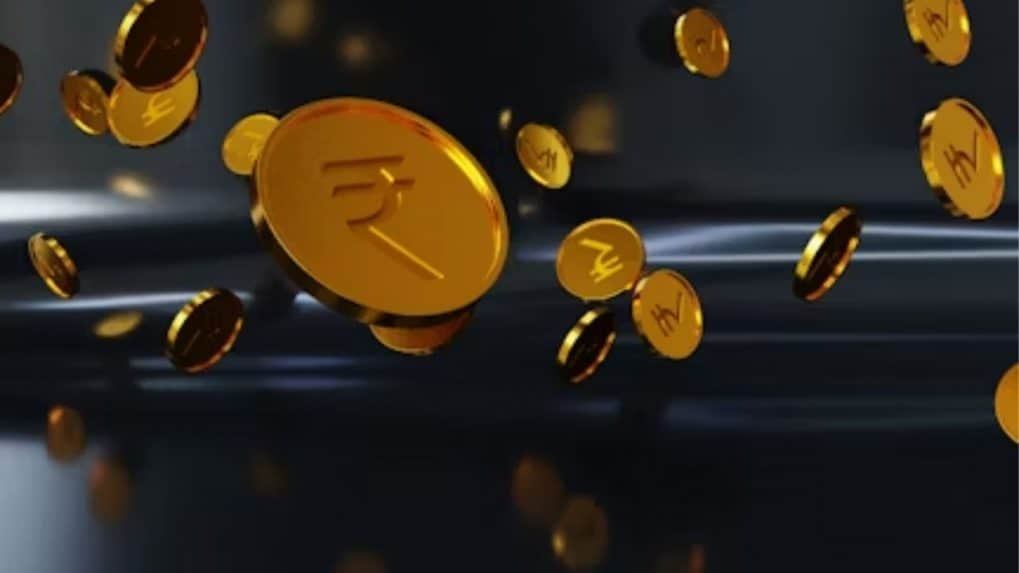Online Gaming may face 40% GST, industry warns of mass shutdowns
The issue will be examined by three Groups of Ministers (GoMs), whose recommendations will be sent to the GST Council.
ADVERTISEMENT
Panic has gripped India’s online gaming sector after reports emerged that the Finance Ministry is considering raising the Goods and Services Tax (GST) on real money gaming from the current 28% to a steep 40%. The move comes as part of a broader proposal to restructure the GST regime, potentially marking the biggest tax overhaul since its rollout in 2017.
Read more: Independence Day 2025: GST revamp on the cards as PM Modi promises a festive tax break
Read more: Supreme Court GST verdict could erase ₹2,000 crore from India’s Ad market
The Centre is weighing a simplified two-slab GST framework — 5% and 18% — alongside a punitive 40% slab for 5–7 “sin goods” categories. These would include products such as tobacco, gutkha, and pan masala, and, controversially, real money online gaming.
During a Supreme Court hearing in the ongoing GST case concerning the gaming sector. Additional Solicitor General (ASG), in a passing comment, suggested that “Real Money Gaming companies are efficient enough to pay 40% GST” and that the government could classify them under the highest slab.
The issue will be examined by three Groups of Ministers (GoMs), whose recommendations will be sent to the GST Council. The Council is expected to deliberate on the matter in either September or October, depending on the speed of the GoMs’ review process.
If approved, the change would mean the highest-ever GST rate for the online gaming sector — already reeling under the burden of the 28% levy imposed on full face value of bets in 2023. Industry experts warn this could devastate the $3 billion real money gaming market in India.
“This move would be catastrophic,” said a senior executive from a leading gaming platform, requesting anonymity. “The sector has only just begun adjusting to 28% GST. Jumping to 40% will wipe out small and mid-sized operators, trigger mass layoffs, and stifle i nnovation. Many companies will have no option but to shut down operations entirely.”
Jay Sayta, Gaming and Tech lawyer said, "Even if there is such a proposal, it is unclear whether the 40% GST will be on the initial deposit or on the globally accepted principal of Gross Gaming Revenue (GGR), or if a certain abatement will be provided on the deposit value and 40% GST will be levied on such amount."
Sayta said, "The correct valuation mechanism for online real money gaming will be also be decided in the Gameskraft case by the Hon’ble Supreme Court where after extensive hearings the apex court has reserved verdict."
Another industry analyst noted that India’s gaming startups — many backed by global investors — are already facing a liquidity crunch due to higher tax outflows. “Classifying online gaming alongside tobacco and gutkha is not just economically damaging, it’s also a flawed policy stance. Unlike sin goods, this is a digital entertainment industry that creates jobs and exports talent,” the analyst said.
The move could also strain investor confidence. Several venture capital firms have already paused fresh funding in Indian gaming companies after the 28% GST decision last year. A further hike, they say, would make the business model untenable.
While the government has yet to officially confirm the decision, the industry is bracing for impact. If implemented, this would be the most aggressive taxation policy shift for the gaming industry to date, potentially reshaping the landscape of one of the fastest-growing segments of India’s digital economy.
Read more: SC reserves verdict in Rs 2.5 lakh crore GST online gaming case


